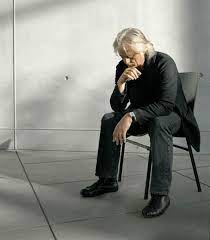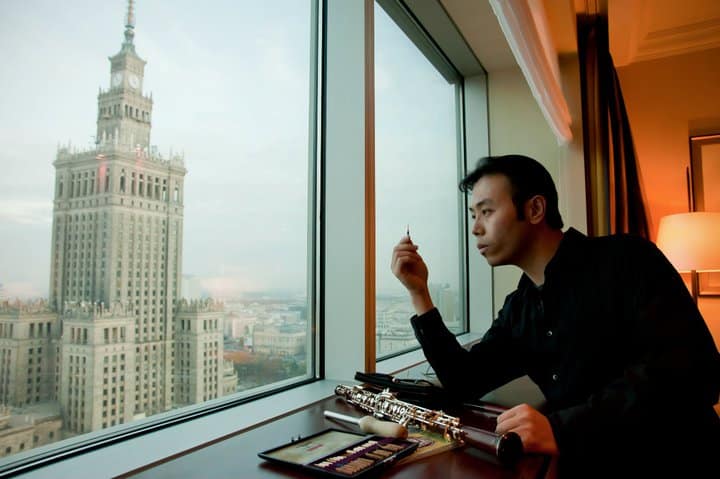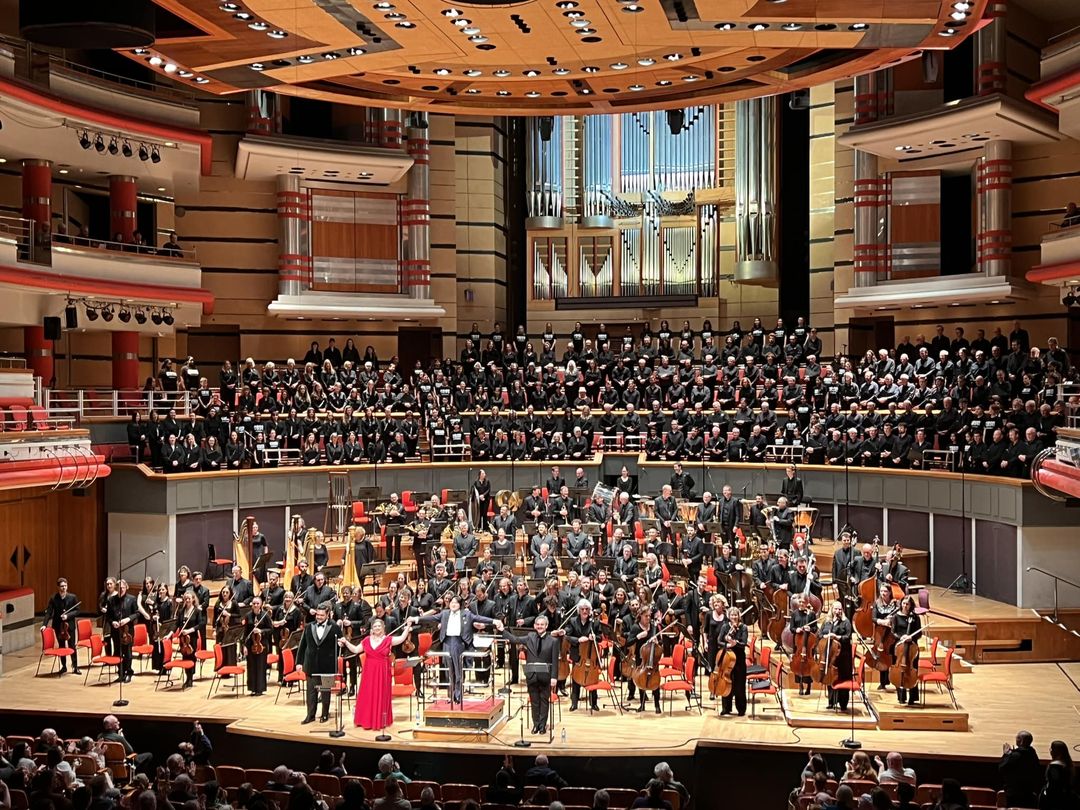How often do you listen to a composer you’ve never heard of?
Album Of The WeekFrom the Lebrecht Album of the Week:
The first rule of recording used to be: never bring out an unknown work unless it is performed by a world-famous artist. Anything less would be commercial suicide. I cannot remember any major company ever breaking this rule. The only transgressors were fringe labels with zero overheads who, like Indian gurus, cultivated a tribe of true believers who bought into whatever they did. The supreme Maharishi of this peripheral cult is ECM’s Manfred Eicher (pictured)…
Read on here.
And here.
En francais ici.






Thank heavens Robert von Bahr didn’t think like that.
I had the misfortune to hear the first German and American performances of his second symphony.
It’s a delightful, playful work, well worth exploring. There is a good recording conducted by Lintu.
There are two reasons for this: 1) increasing commercialisation of classical music recording where only the money counts; 2) the low status of contemporary music since WW II due to absurd ideas of the composers themselves, destroying players goodwill and audience interest.
If ever a real talent of the magnitude of a Mahler or Ravel would emerge, nobody would notice.
Hence the importance of people like Eicher.
N.L. wrote “The first rule of recording used to be: never bring out an unknown work unless it is performed by a world-famous artist. Anything less would be commercial suicide. I cannot remember any major company ever breaking this rule.”
This assumes a scenario where the major label wants to record an unknown work and then goes casting about to find a world famous artist on their roster (or not) who wants to make the record. Much more likely: the world famous artist has the clout to pressure their major record label — kicking and screaming the whole time — to record an unknown work. That for example is how Victor came to record the Walton Violin Concerto — because Heifetz wanted to. Even the record producer, Charles O’Connell, admitted that in his interesting book. I suspect it was primarily Itzhak Perlman who wanted to record the Robert Starer Violin Concerto, not EMI.
But even in cases where it is the record company that wants to record the rare piece, Columbia Records seems to have regularly broken that rule, probably because they could not interest their A-list artists to take on the piece. I assume they count (counted?) as a major label. The Columbia release of the Cecil Effinger Little Symphony and the Andrew Imbrie Violin Concerto with Zoltan Rozsnyai conducting. First recordings of both, with Carroll Glenn as the violinist.
She was a fine one and should have been more famous than she was, but she was not really even a Columbia Records regular. Rozsnyai was well trained and respected but hardly world famous.
Columbia also issued the Roque Cordero Violin Concerto with Paul Freeman conducting the Detroit Symphony and Sanford Allen as violin soloist. At that time Sanford Allen was a member of the NY Philharmonic’s violin section. He plays marvelously. Not world famous although that recording made his reputation among American violin fans.
And again Columbia Recordings: the George Rochberg Symphony No 2 with the NY Philharmonic conducted by Werner Torkanowsky. Again a worthy artist but not world famous.
What I have read was the first recording of the Mahler First Symphony that included the Blumine movement was on Columbia’s Odyssey label, Frank Brieff conducting the New Haven Symphony.